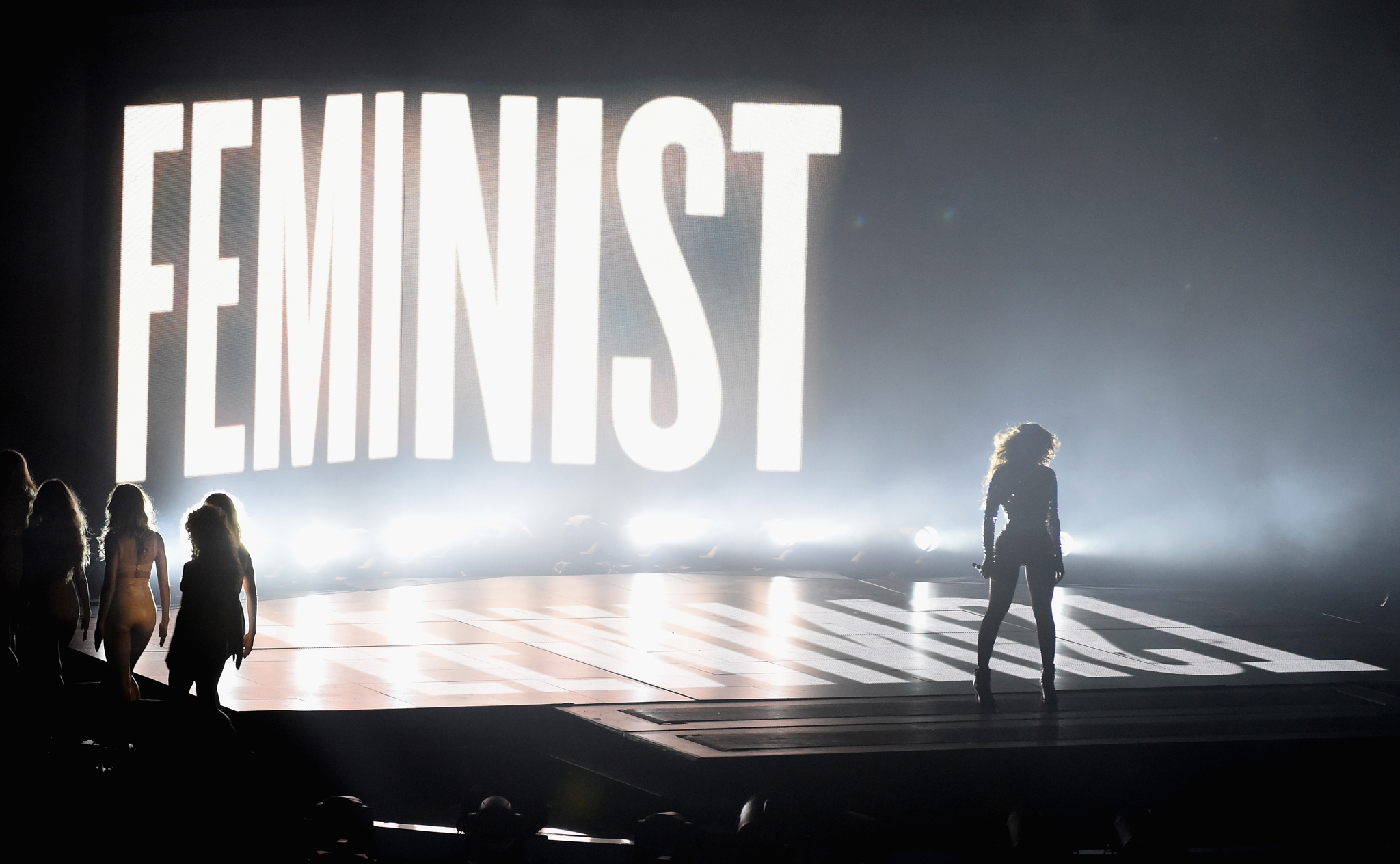It’s 2017 and yet some people still have the wrong impression of feminism. This week, Bradley busts the most common myths that still surround it.
“Brad, I’ve got this friend coming up over the weekend who you might be in to. She’s really into politics like you, she’s studying at Cambridge and she’s hella hot… ah but she is a feminist.”
This conversation is not the first I’ve had of its kind. Many of my friends treat feminism, and particularly feminist women, as a dirty phrase. These same individuals are some of the most respectful and caring people I know. They hold the same values as I do, but they, like many others, misconceive what ‘feminism’ means. Concerned mainly with the procedural elements of equality, they argue that feminism is either too extreme, too exclusive or is no longer needed.
So it is my duty, as a feminist, to unpack these arguments in the hope that you will consider mine.
“Feminism is too extreme”: This statement conceptualises feminism as a single, static entity, and defines this entity in terms of the scattered minority of women who might actually wish to establish a matriarchy. The problem is that all social movements contain extremists. To define a social movement by its fringes would be to discount almost all movements. Trump is apparently a Republican, Stalin claimed to be a socialist, and a man wearing a “Kill All Whites” shirt claimed to identify with Black Lives Matter. I am a feminist, but that does not suppose that I agree with everyone else who is a feminist.
“Feminism is no longer needed”: If concerned with procedural equality under law, this argument has some merit. Both genders can vote, can own property, receive divorce settlements, run for office, the list goes on. But legal equality (which I would qualify hasn’t actually quite been realised) does not equate to substantive equality. This is why we need feminism. We need feminism because the sexualisation of young girls persists. Don’t believe me? Have you ever asked yourself why adult women, dressed in school uniforms, are advertised as “Teens” on Pornhub?
We need feminism because women currently comprise one-third of parliament. Don’t think gender impacts democracy? Ask yourself, would a two-thirds female parliament have taken until 2015 to stop taxing tampons as a luxury product?
We need feminism because I know of too many women who have been raped. Because my relatives and friends are too regularly heckled, because female enrolment in STEM subjects is disproportionally low, because the Daily Mail produces a weekly list shaming women’s appearances, because menstruation is treated with contempt, because women are stigmatised for breastfeeding in public, because gendered children’s toys are ridiculous.
“Women are taking feminism too far”: The biggest misconception of all is to frame feminism as merely a means of raising women up to or above the standard of life that men enjoy. This implies that feminism is an attempt to alter women’s prospects on some competitive balance sheet of advantages and disadvantages. It isn’t. Feminism is not simply a women’s issue, it is not even simply about equality; it is a means to challenge an entire system of role patterns that restrict both sex’s freedom and happiness. Do you really think it’s just a coincidence that the number one killer of men under 50 – the gender that’s taught to repress their emotions – is suicide? Do you think it’s fair that when men look after their children alone for an evening it’s labelled “babysitting?” Is it acceptable that domestically abused males rarely feel they can seek assistance, or that the international aid community has little data at all on the vulnerability of men?
Perhaps in the course of reading this you have found one, two or three of the examples I provided that you disagree with and wish to counter – and I’m willing to debate them; but wouldn’t the existence of just one gendered restriction justify the existence of feminism?
Bradley Young
(Image courtesy of: Getty Images)

